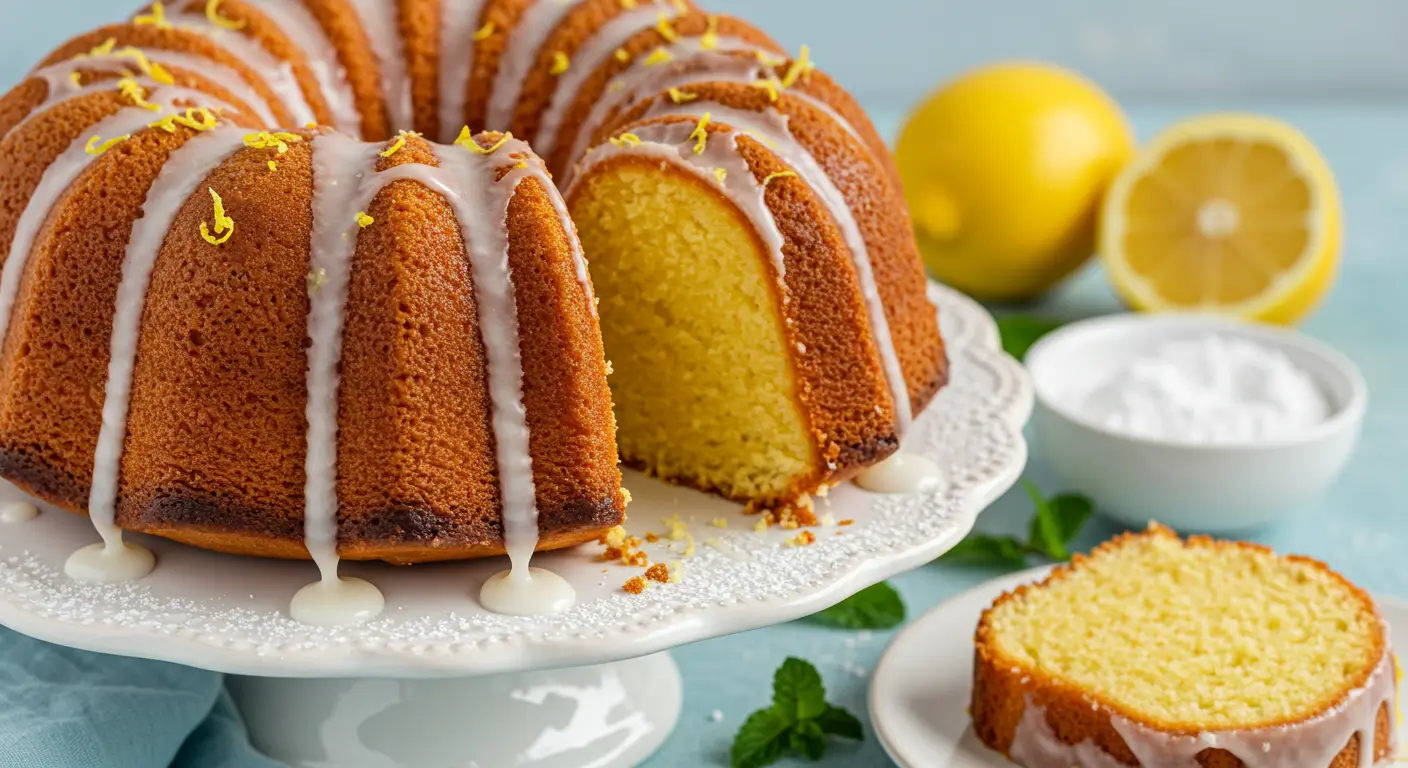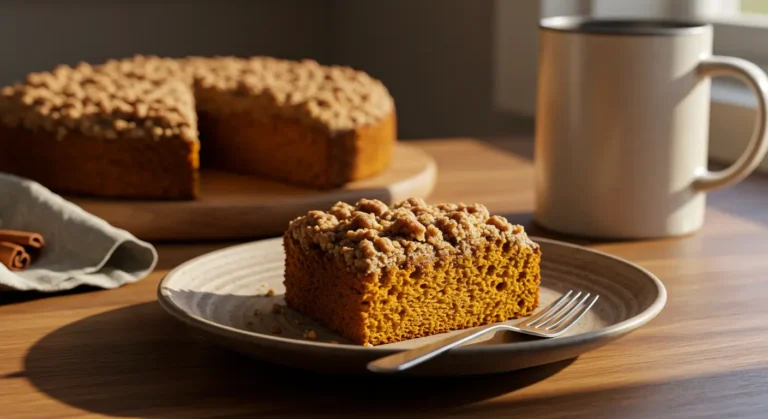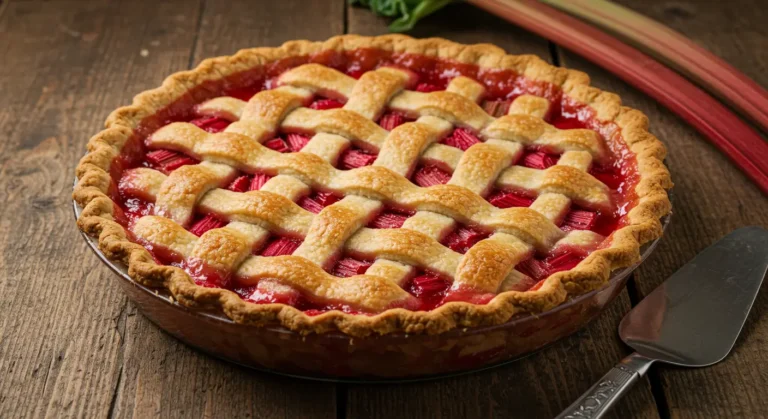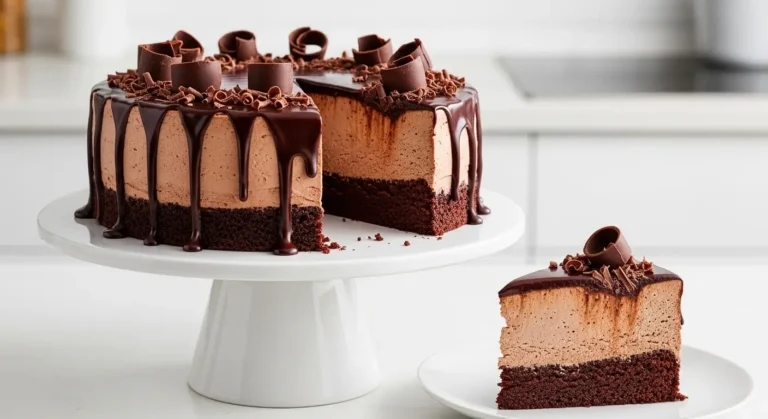Best Lemon Pound Cake Recipe for Zesty Desserts
Lemon desserts consistently rank among the top flavor choices for bakers nationwide, with this classic lemon pound cake recipe standing out as a perennial favorite that combines simplicity with extraordinary flavor. This lemon pound cake recipe transforms ordinary ingredients into a moist, tender creation with the perfect balance of sweetness and tanginess that keeps people coming back for more. Whether you’re an experienced baker or trying your hand at baked desserts for the first time, this versatile recipe delivers consistent results while allowing for creative customization to suit your personal taste preferences.
Table of Contents
Ingredients List
For this exceptional lemon pound cake recipe, gather these ingredients to create a dessert that’s both comforting and sophisticated:
For the Cake:
- 1 cup (2 sticks) unsalted butter, softened at room temperature
- 2 cups granulated sugar
- 4 large eggs, room temperature
- 3 cups all-purpose flour
- 1/2 teaspoon baking powder
- 1/2 teaspoon baking soda
- 1/2 teaspoon salt
- 3/4 cup buttermilk, room temperature
- 1/4 cup fresh lemon juice
- 2 tablespoons lemon zest
- 2 teaspoons pure vanilla extract
For the Lemon Glaze:
- 2 cups powdered sugar
- 3-4 tablespoons fresh lemon juice
- 1 tablespoon lemon zest
Possible Substitutions:
- Buttermilk: Mix 3/4 cup regular milk with 1 tablespoon lemon juice or white vinegar and let stand for 5 minutes
- All-purpose flour: Cake flour can be used for a lighter texture (use 3 cups + 6 tablespoons)
- Granulated sugar: Coconut sugar can add a unique depth (though it will change the color slightly)
- Unsalted butter: Salted butter can be used, but reduce added salt to 1/4 teaspoon
Each ingredient contributes to the bright, vibrant flavor profile that makes this lemon pound cake recipe truly special.
Timing
This lemon pound cake recipe requires:
- Preparation time: 20 minutes
- Baking time: 55-60 minutes
- Cooling time: 15 minutes in pan, then 30 minutes on wire rack
- Total time: Approximately 2 hours including cooling
Step-by-Step Instructions for your Lemon Pound Cake Recipe
Step 1: Prepare Your Baking Environment
Preheat your oven to 325°F (165°C). Thoroughly grease and flour a 10-inch bundt pan, making sure to reach all the nooks and crannies. Alternatively, use a baking spray containing flour for more even coverage. The proper preparation of your pan is crucial for clean release after baking.
Step 2: Zest and Juice Your Lemons
Wash and dry your lemons thoroughly. Using a microplane or fine grater, zest the lemons before juicing them—this maximizes the aromatic oils. When zesting, avoid the bitter white pith beneath the yellow surface. For juicing, roll the lemons firmly on the counter before cutting to release more juice.
Step 3: Cream Butter and Sugar
In a large mixing bowl, beat the softened butter until creamy and pale, approximately 1-2 minutes. Gradually add the sugar and continue beating until the mixture becomes fluffy and lightens in color, about 4-5 minutes. This extended creaming process incorporates air, which is essential for the cake’s texture.
Step 4: Incorporate Eggs
Add eggs one at a time, beating well after each addition. Stop and scrape down the sides of the bowl periodically to ensure even mixing. The mixture may look slightly curdled after adding the eggs—this is normal and will smooth out when you add the dry ingredients.
Step 5: Prepare Dry and Wet Mixtures
In a separate bowl, whisk together the flour, baking powder, baking soda, and salt. In another small bowl, combine the buttermilk, lemon juice, lemon zest, and vanilla extract. These prepared mixtures allow for more efficient and thorough incorporation in the next step.
Step 6: Combine All Ingredients
Add the dry ingredients to the butter mixture in three parts, alternating with the buttermilk mixture (begin and end with the dry ingredients). Mix on low speed just until combined after each addition. Overmixing at this stage can develop gluten and make your cake tough.
Step 7: Transfer to Pan and Bake
Pour the batter into your prepared bundt pan, smoothing the top with a spatula. Tap the pan gently on the counter a few times to release any trapped air bubbles. Bake in the preheated oven for 55-60 minutes, or until a toothpick inserted in the center comes out clean.
Step 8: Cool and Prepare Glaze
Allow the cake to cool in the pan for 15 minutes before inverting onto a wire rack to cool completely. While cooling, whisk together the powdered sugar, lemon juice, and zest to create a smooth glaze. Adjust the consistency by adding more sugar for a thicker glaze or more lemon juice for a thinner one.
Step 9: Apply the Glaze
Once the cake has cooled completely, drizzle the lemon glaze over the top, allowing it to run down the sides naturally. For a more pronounced lemon flavor, apply the glaze while the cake is still slightly warm so some of it absorbs into the cake.
Nutritional Information
This lemon pound cake recipe yields approximately 12 servings with the following nutritional values per serving:
- Calories: 420
- Total Fat: 18g
- Saturated Fat: 11g
- Cholesterol: 105mg
- Sodium: 180mg
- Total Carbohydrates: 62g
- Dietary Fiber: 1g
- Sugars: 42g
- Protein: 5g
Healthier Alternatives for the lemon pound cake recipe
Transform this classic lemon pound cake recipe into a lighter version with these mindful modifications:
- Reduce Sugar: Cut the sugar to 1 1/2 cups without dramatically affecting taste
- Whole Wheat Substitution: Replace half the all-purpose flour with white whole wheat flour for added fiber
- Greek Yogurt Option: Substitute half the butter with full-fat Greek yogurt for reduced fat and added protein
- Coconut Oil Alternative: Replace half the butter with coconut oil for different healthy fats
- Honey Substitution: Replace 1/4 cup of sugar with 3 tablespoons of honey for natural sweetness
- Almond Flour Blend: Substitute 1/4 of the flour with almond flour for protein and texture variety
- Citrus Boost: Increase lemon zest while reducing sugar in the glaze for more flavor with less sweetness
These modifications maintain the essential character of the lemon pound cake recipe while accommodating various dietary preferences.
Serving Suggestions for your lemon pound cake recipe
Elevate your lemon pound cake recipe with these creative serving ideas:
- Pair warm slices with a scoop of vanilla bean ice cream for a delightful temperature contrast
- Create a seasonal berry compote using strawberries, blueberries, or raspberries to complement the lemony notes
- Serve alongside a dollop of lightly sweetened whipped cream infused with a hint of lemon zest
- Transform into an elegant trifle by layering cake cubes with lemon curd and fresh berries
- For brunch settings, serve thin slices toasted with a spread of mascarpone cheese
- Create individual dessert cups by crumbling cake pieces and layering with limoncello-spiked whipped cream
- For summer gatherings, serve chilled with a mint-infused simple syrup drizzle
Customize based on the occasion—from casual family dessert to sophisticated dinner party finale.
Common Mistakes to Avoid
Even experienced bakers can encounter challenges with this lemon pound cake recipe. Here are pitfalls to avoid:
- Cold Ingredients: Using cold butter or eggs directly from the refrigerator creates an uneven texture—always bring these to room temperature first
- Undermixing the Butter and Sugar: Insufficient creaming results in a dense, heavy cake—aim for a truly light and fluffy mixture
- Overmixing After Adding Flour: This develops gluten, making the cake tough rather than tender
- Inaccurate Measurements: Pound cakes require precision—use measuring cups for dry ingredients and liquid measuring cups for wet ingredients
- Opening the Oven Door Too Early: This causes temperature fluctuations that lead to sinking—wait until at least 45 minutes have passed before checking
- Insufficient Greasing: Bundt pans have intricate designs that require thorough greasing to prevent sticking
- Glazing Too Soon: Applying glaze to a hot cake causes it to melt and be absorbed rather than creating a distinct topping
Taking care to avoid these common errors will help ensure your lemon pound cake achieves perfect texture and flavor.
Storing Tips for the Recipe
Maximize the freshness and flavor of your lemon pound cake recipe with these storage recommendations:
- Room Temperature: Store unglazed or fully cooled glazed cake in an airtight container at room temperature for up to 3 days
- Refrigeration: Extend shelf life to 5-7 days by refrigerating in an airtight container—bring to room temperature before serving for best texture
- Freezing: Wrap individual slices or the whole unglazed cake tightly in plastic wrap, then aluminum foil, and freeze for up to 3 months
- Glaze Separately: For longest storage, freeze the cake unglazed and prepare fresh glaze when ready to serve
- Thawing Process: Thaw frozen cake overnight in the refrigerator, then bring to room temperature for 1-2 hours before serving
- Pre-slicing Option: Consider slicing before freezing for convenient single servings that thaw more quickly
- Refresh Technique: Warm slightly stale cake in the microwave for 10-15 seconds to revive its moisture and texture
Proper storage ensures your lemon pound cake recipe maintains its delightful flavor and texture from the first slice to the last.
Conclusion
This lemon pound cake recipe delivers a perfect balance of tangy citrus and sweet indulgence in a reliable, versatile format. The bright flavors and moist texture make it an ideal choice for everything from everyday treats to special occasions, with options to customize based on dietary needs and flavor preferences.
We invite you to try this recipe and share your results in the comment section below! Did you try any variations or discover a serving suggestion that worked particularly well? Let us know how your lemon pound cake recipe turned out and any tips you might have for fellow bakers.
FAQs
Can I make this lemon pound cake recipe in a regular loaf pan instead of a bundt pan?
Yes, this recipe can be adapted for two 9×5-inch loaf pans. Reduce the baking temperature to 315°F and check for doneness after about 45 minutes. The texture may be slightly different, but the flavor will remain delicious.
How can I ensure my cake doesn’t stick to the bundt pan?
For best results, use a non-stick bundt pan and thoroughly coat with butter, then dust with flour. Alternatively, use a baking spray that contains flour. Allow the baked cake to cool for exactly 15 minutes before attempting to remove it from the pan.
Can I make this recipe gluten-free?
Yes, substitute the all-purpose flour with a high-quality 1:1 gluten-free flour blend that contains xanthan gum. The texture may be slightly different, but many readers have reported excellent results with this substitution.
Your Feedback Matters
There are no reviews yet. Be the first one to write one.







